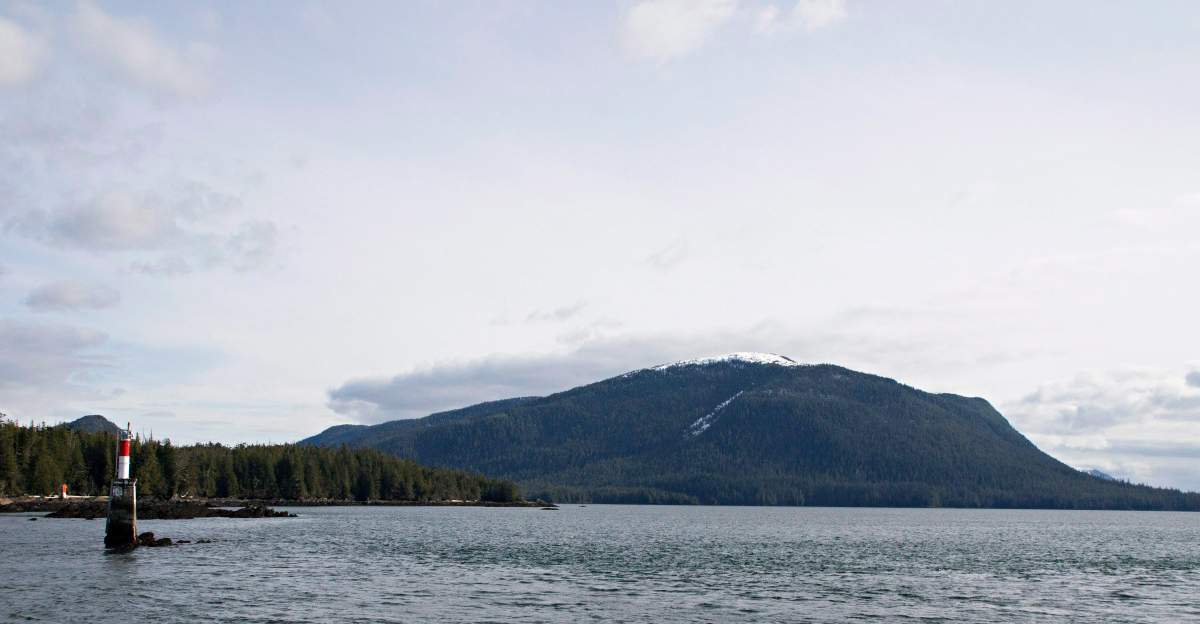Exxon Mobil Corp. has withdrawn its environmental assessment application for a $25-billion LNG export facility on the B.C. coast it proposed in 2015.

The apparent shelving of the WCC LNG project is the latest blow to the West Coast liquefied natural gas export industry which at one time featured about 20 proposals, but has resulted in only one firm commitment to build.
READ MORE: Disappointment on B.C.’s north coast as Pacific NorthWest LNG scrapped
The project had been proposed by Exxon Mobil and its Canadian partner, Imperial Oil Ltd., for Tuck Inlet in the Prince Rupert area on B.C.’s north coast.
Company spokeswoman Julie King said Exxon Mobil and Imperial withdrew the WCC LNG project from the environmental assessment process after careful review.
READ MORE: Imperial reviews Alberta oilsands project approvals as heavy oil price discounts persist

Get weekly money news
“We remain committed to our Canada operations and to ensuring the safe and reliable delivery of oil and gas to our customers,” King wrote in a brief email to The Canadian Press.
Exxon Mobil and Imperial continuously evaluate their portfolios to identify opportunities to invest, restructure or divest assets to strengthen their competitive position and provide the highest return to shareholders, she said.
She didn’t say why the application was withdrawn.
WATCH BELOW: An LNG project in northern British Columbia isn’t meeting the same resistance as the Trans Mountain pipeline. But as Eric Sorensen reports, the project is designed in part to reduce China’s use of coal, while increasing carbon emissions in Canada.

The move was confirmed in a one-sentence update on the website of the B.C. Environmental Assessment Office.
Earlier this year, Calgary-based Imperial took a writedown of $289 million on its northern B.C. Horn River shale gas development, a 50-50 venture with Exxon that was once expected to become a major supply source for B.C.’s LNG industry.
In October, Royal Dutch Shell and its partners announced final investment approval for the $40-billion LNG Canada project, including a gas liquefaction plant in Kitimat on B.C.’s coast and a 670-kilometre gas supply pipeline.
READ MORE: LNG Canada announces final investment decision to build export facility in Kitimat







Comments